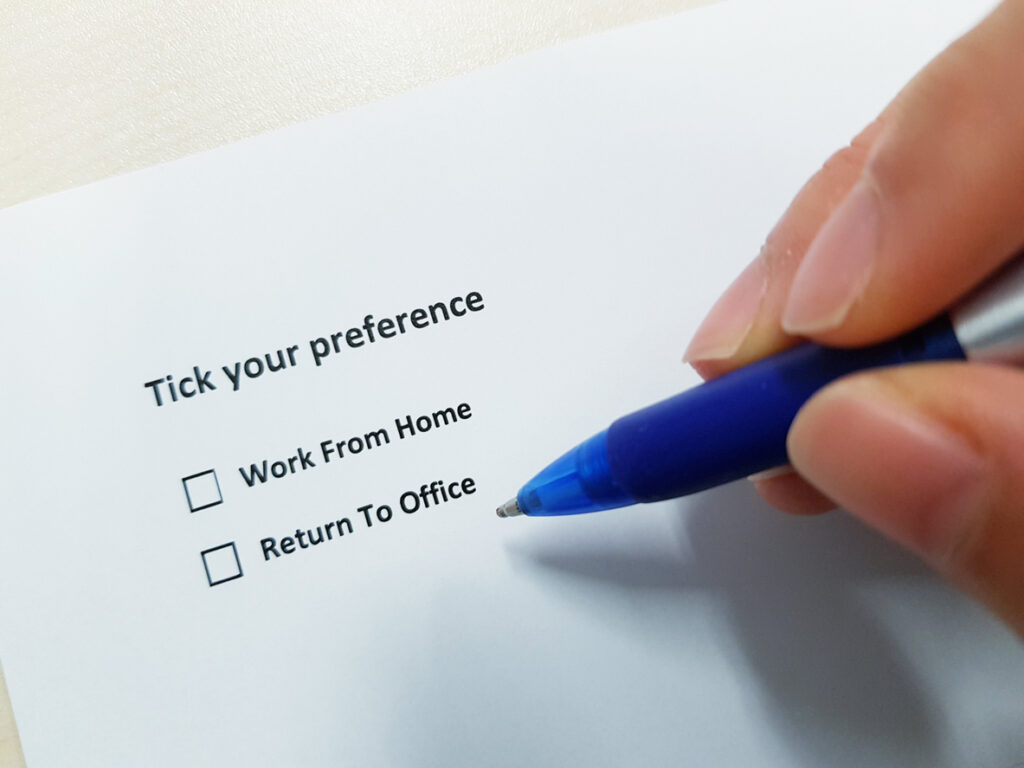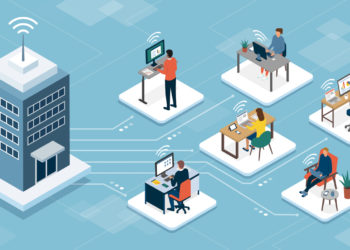World Mental Health Day was 10 October, it is also Black History Month in the UK. Typically the day is filled with the narrative of safe spaces, vulnerability and ‘it’s okay not to be okay’. This year, social media posts and think pieces surround the theme ‘Mental health is a human right’. Seeing this intermingled with rallies of ‘Black Lives Matter’ and the fight against racism boosted by the fair-weathered allies for this month is not lost on me. A lot has changed since we all experienced a global traumatic event, but some things feel more the same than ever.
Let’s start with the question: What is normal? How are we defining this? The dictionary defines it as conforming to a standard; usual, typical, or expected. What that really means is that normal is a social construct, it is defined by the loudest voice in the room, and that is usually the most privileged. Throughout 2020-2022 we all heard the word ‘normal’, mostly in terms of how un-normal the world was, how far from normal we were experiencing things. In fact, we even heard reports of a “new normal” post-COVID.
We need to understand that my normal and my neighbors’ normal are not the same, we may have similarities and agreements but we cannot cut and paste what works for each of us respectively. So why have we had to accept this in the workplace for so long?

The pandemic came and shook up how we understood one another — some people fared better working in isolation, some managed, and some did not — all valid responses to a global trauma we faced and are still facing. The working world was spinning on its head, and many of us had to turn our kitchens, bedrooms, or living rooms into home offices, trying our best to maintain a work-life balance. As workplaces and industries at large became aware of how potentially permanent this could be, there was a change in what was acceptable to working life and companies did more to ensure the boundaries of working from home.
That being said, we had to endure Zoom and Microsoft Teams fatigue, unsociable work hours, dry eyes, and burnout all before there was a healthier normal to be found. I, too, burned out during this time. As a Black woman we are often set out from the start having to prove more — how can we show that when we can no longer physically be seen putting in the work? We overwork ourselves into nothing. 2020 also saw a wider interest in diversity, equity, inclusion and accessibility (DEIA), specifically anti-Black awareness and training after the murder of George Floyd. Again, Black women were requested and required to add company DEIA action to their workloads. As someone who was already doing the work to improve equity and inclusion, there was noticeably more being asked of me after May 2020. Burnout had a new level I had unlocked — emotional burnout.
As we are moving through 2023, companies are now working to get employees back into the office. Many are having mandatory days in the office in the name of homogeneous workplace culture, bonding, and “fun”. The days in the office for hybrid working can range from 4 days to “your decision”. One thread I have noticed across industries is the hesitance of Black women returning to the office in comparison to our peers. The office environment is a place of contention for Black women, who oftentimes have to make considerable changes to be palatable or harmless to their peers. This includes what we wear, how we speak, how we style our hair, and how often we change it. For those of us who are first-generation or immigrants, it can even be what we eat in the breakroom. The micro- and macro- aggressions are a minefield that we have been jumping through since our introduction in office environments. In many cases we are also the minority, which brings me back to the fact that my normal and my neighbors’ normal are different. Wearing my hair covered in a scarf is normal, eating oxtail is normal, working in silence is normal, an afro is normal, laughing loudly is normal, not having a constant smile on my face is also normal. It’s not standoffish, unprofessional, antisocial, or any of the other words I have been called in the workplace for being myself.
The pandemic gave Black women, like me, space to breathe and be able to work in the most comfortable and authentic versions of ourselves. Once we were able to remove the noise of what was considered of us in the former version of the workplace, many of us thrived. We were able to take space to heal and create better boundaries for our needs, rather than fit into the mold of what we were supposed to be. We pushed back on social norms and put ourselves first in many ways and we do not see ourselves going back, because we are choosing to protect our peace and that is our normal.
Discussion
9 Thoughts on "The Post-Covid Work Environment — We Can’t Go Back to “Normal”"
Thank you for saying all of this out loud, Dianndra.
Very good points. Thanks for sharing. Incidentally, we don’t pay attention to how demanding and exhausting office culture can be.
Yes! And… just released the McKinsey / LeanIn.org 2023 Women in the Workplace (US data) highlights what you said! – “Reality: Microaggressions have a large and lasting impact on women”… “the workplace is a mental minefield for many women, particularly those with traditionally marginalized identities.” Also, it’s beyond frustrating that employers think flexibility is the 4th most important benefit, while “Most (US) employees say that opportunities to work remotely and have control over their schedules are top company benefits, second only to healthcare. Workplace flexibility even ranks above tried-and-true benefits such as parental leave and childcare.” Productivity is seen as a primary benefit of remote work for +80% of all employees, while on-site is only at 40%, but only 50% of employers think productivity is a primary benefit of remote work. There is much more in the report, but mental health warning – the broken rung(s) on the ‘ladder’ to leadership are especially gaping for Black women, no surprise, but you may want to make sure you have the space before you look at the data.
https://www.mckinsey.com/featured-insights/diversity-and-inclusion/women-in-the-workplace
Thank you for this, Dianndra! It’s something that’s so often left out of the return to the office discussion.
One thing I wanted to add, is that remote work provides disabled people a chance to actually participate in the work force. In the US, non-white folks are more likely to have a disability and are more likely to die or be disabled by COVID (https://www.cdc.gov/ncbddd/disabilityandhealth/materials/infographic-disabilities-ethnicity-race.html). For some, returning to the office simply isn’t physically feasible.
Thanks Crystal, agreed! Working from home has helped me with managing my own disability. I’m not based in the US, but in the UK there is a disparity for those working with disability or trying to get into work. And it is more difficult for those from the global majority for a number of reasons. Could definitely be another post, perhaps a part two…
Working from home is how I’m able to manage my disability as well. And I agree that there’s more than enough to discuss for a part two!
Thank you for writing this post, it really resonated with me. I have often felt like an outsider in this industry and feel that I have sometimes been overlooked for promotion or development opportunities because I don’t conform to what the majority consider to be ‘normal’. Building a more diverse workforce where differences are valued is key to making real change and flexible working is an important part of this. Thank you for raising this important issue.
Thanks Leila, glad to hear that this resonated with you and I hope that these discussions make industry change so it is a more welcoming and accessible environment.
Yes and Amen.



